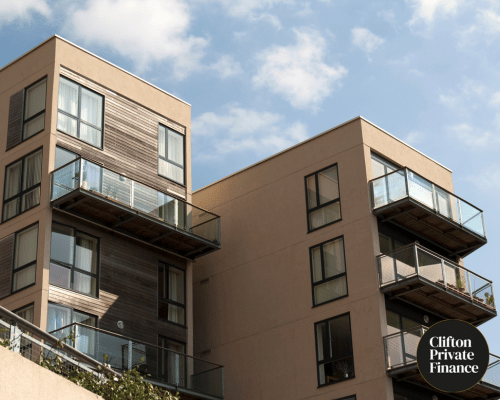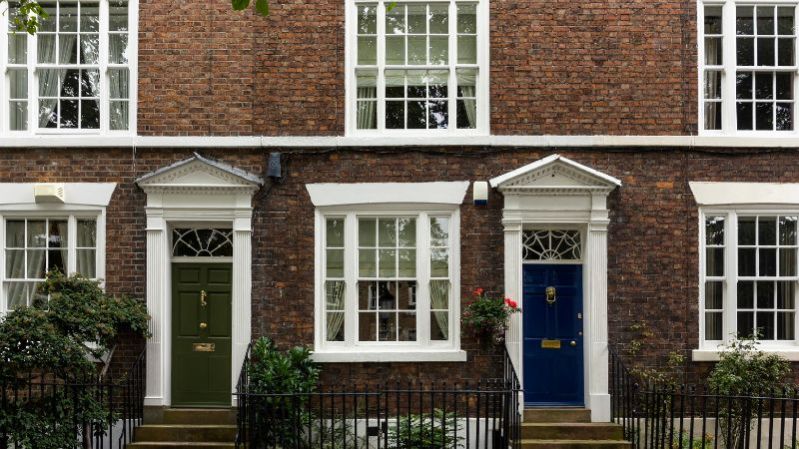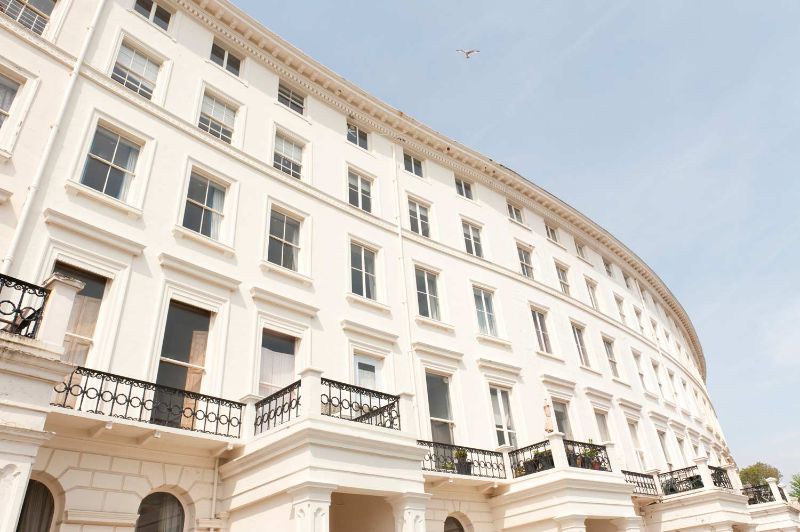How to Buy Property at Auction
Buying a property at auction can be a great way to get a bargain or find the kind of properties or development opportunities not commonly offered through estate agents. It can also be a fast way to acquire property, with most deals going through within 28 days (or 20 working days) of the auction.
If you are considering buying property at auction for the first time, there are a number of things you have to bear in mind to make sure you have a positive experience and end up with a good deal you can afford.
Before the Auction
- Do your research: The auction house should release a catalogue of properties to be included in the auction around 2-3 weeks before the date of the sale. Make sure to study the auction catalogue carefully and identify any properties you are interested in.
- Due diligence: It is important to remember that once you have won a property at auction, you cannot back out if you later realise there is something wrong with the property you did not notice before the auction. It is up to you to make sure you are confident you have identified any issues before the auction date.
At the Auction
- Know your limits: Before the auction date, decide what is the absolute maximum you are willing to pay for the property or properties you are interested in. This should be based on what you realistically think the property is worth, your goals for the property and how much finance you can raise, if necessary.
- How to bid at an auction: It is usually better to attend an auction in person wherever possible, as it can allow you to judge the room and get a sense of how interested other bidders are in a property. If you cannot attend, proxy and phone bidding are usually an option, and some auction houses will also allow you to bid online.
After the Auction
- What happens when you win a property at auction?: If you are lucky enough to win one of the lots you choose to bid on, you will be taken through a contract room to fill out a purchase slip. You will also need to provide identification, so it is a good idea to check what the auction house will accept before the auction date.
How Much Deposit Do You Need to Buy a Property at Auction?
The deposit required to buy a property at auction typically varies depending on the auction house and the specific property being sold. However, it's common for auction deposits to range from 5 - 10% of the purchase price.
Deposits are typically payable on the day of the auction, immediately after the winning bid is accepted. Buyers may need to provide a bank or building society draft a banker's cheque, or a debit card payment for the deposit. It's essential to check with the auction house beforehand to understand their accepted payment methods.
The deposit is usually refundable if the buyer completes the purchase according to the terms of the auction contract. However, if the buyer fails to complete the purchase, they may forfeit the deposit, and the seller may be entitled to take legal action to recover any losses incurred.
Do I need Cash to Buy a Property at Auction?
You don’t necessarily need cash to purchase property at an auction. While some sellers request ‘cash-only' buyers, there are plenty of properties at auction that can be purchased using finance.
However, you’ll typically need to pay your deposit at the end of the auction and then pay the full price within the next 30 days. This means that while there are usually no restrictions on how you finance an auction property, time is of the element with auction purchases.
Can Banks Finance an Auction Property?
Yes, banks can finance an auction property. Your two main options are getting a mortgage or a bridging loan.
Which of these options are available to you will typically depend on:
- The amount you want to borrow
- The condition of the property
- Whether you would be able to arrange a mortgage in time
There is also the option to secure an auction property with a bridging loan and then refinance onto a mortgage. This is a popular way to buy auction properties because it offers a fast and convenient way to secure finance, allowing you time to apply for a mortgage as a long-term solution.
Bridging loans are designed to be short-term, so while they can have higher interest rates than other types of finance, they can be accessed quickly, and they don't have ERCs. Additionally, while interest rates are relatively high, interest is rolled up, so you'll usually only pay interest on the months you had the loan for.
Can I Get a Mortgage on an Auction Property?
Yes, you can get a mortgage on an auction property, but in many cases, it can be difficult to arrange one in time.
It is common practice to secure an auction property with a deposit and a decision in principle, but before you do this, it’s important to know that:
- Mortgage applications are complex, and delays in the process are common. If you’ve used a decision-in-principle to secure an auction property, you’ll typically be required to pay up within 30 days – so you’ll be at risk of losing your deposit if you can’t arrange a mortgage in time.
- The auction property you intend to buy needs to be in mortgageable condition. You can get a great deal buying a property at auction, but to be eligible for a mortgage, it will need to be in good repair with a working kitchen and bathroom.
If you need to arrange finance on an auction property quickly, one common route is to use a bridging loan to secure an auction property and refinance it to an auction property.
Bridging loans have simpler application processes and a faster turnaround time. The average completion time for a bridging loan is less than four weeks, and the criteria are typically less stringent.
How to Find Auction Finance
Although many people buying property at auction are making cash purchases, it is increasingly common for buyers to use auction finance to pay the balance of the selling price. It is not usually possible to secure a traditional mortgage fast enough to meet the deadline for finishing an auction purchase, which is why bridging loans are so popular for auction purchases.
A bridging loan allows you to quickly borrow a large amount of money, secured against a property, so you can complete your auction purchase. You then have time to apply for a more traditional mortgage, which you can use to repay the bridging loan. Bridging loans can also be helpful if the property needs significant renovations before it qualifies for a standard mortgage.
What to Consider When Taking Out Finance
Bridging loans tend to come with relatively high rates of interest and, as such, are only intended as short-term finance. Many lenders will only offer bridging finance for terms of 12 months or less, although some providers will allow terms of up to 3 years.
Because time is of the essence when dealing with auction purchases, it is usually a good idea to go through an experienced bridging loan broker. They will be able to expedite the process of finding a deal on bridging finance as well as help you find the best rates available to make your auction finance as affordable as possible.
Get the Best Deals on Auction Finance
When looking for auction finance, most people want to access the money as quickly as possible with minimal fuss while getting the best deal possible on their interest rate and other considerations. This is why so many people use an experienced bridging loan broker to help them access the money they need at an affordable rate as fast and straightforward as possible.











